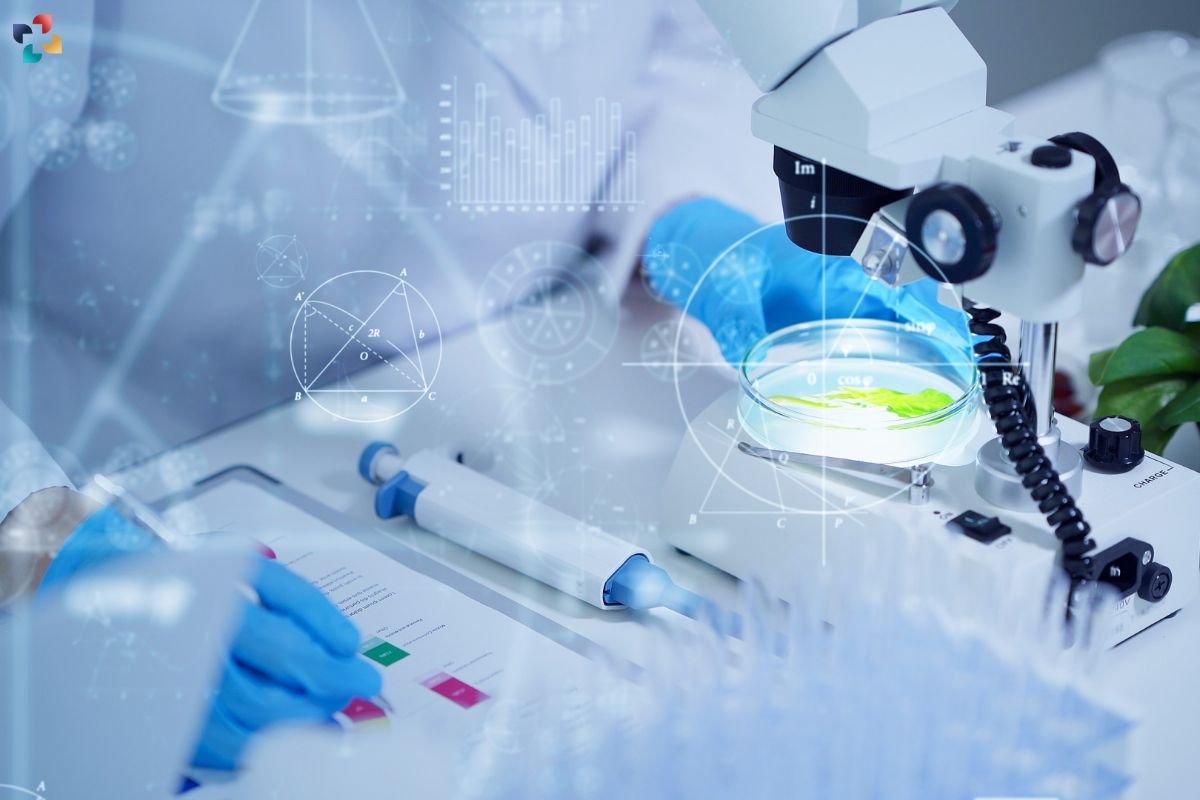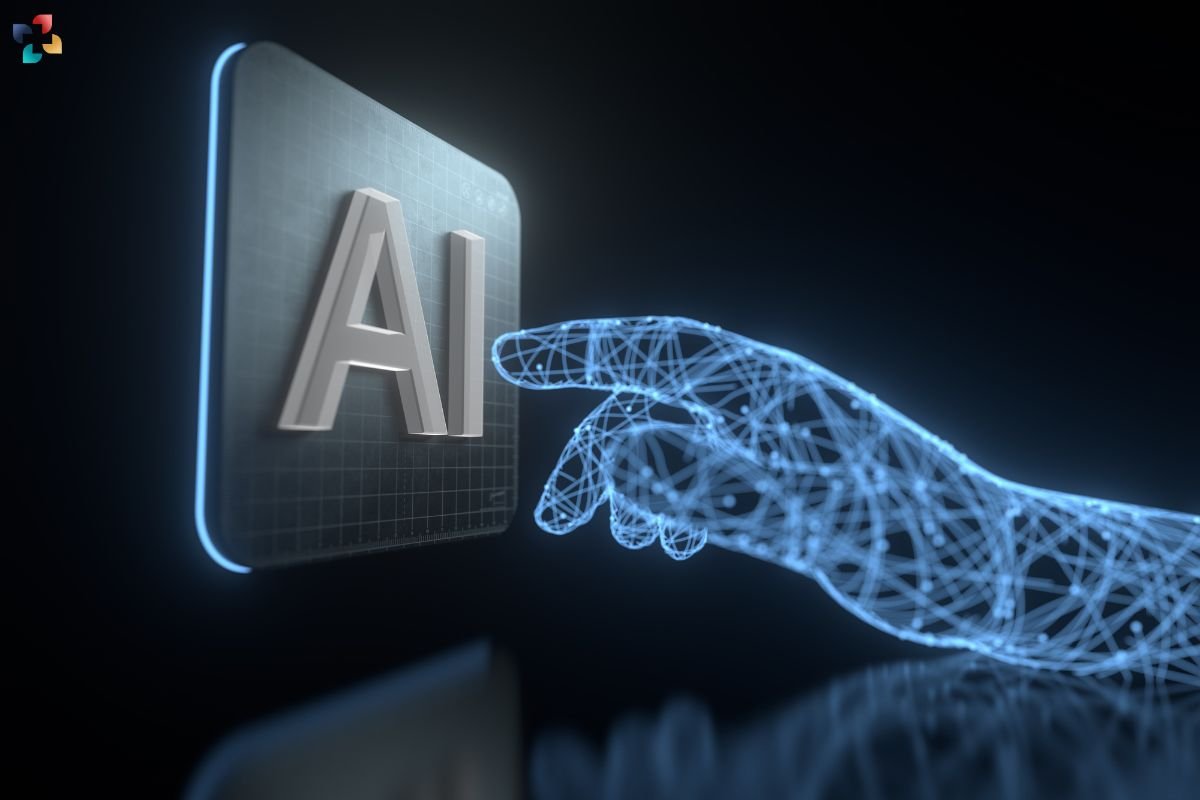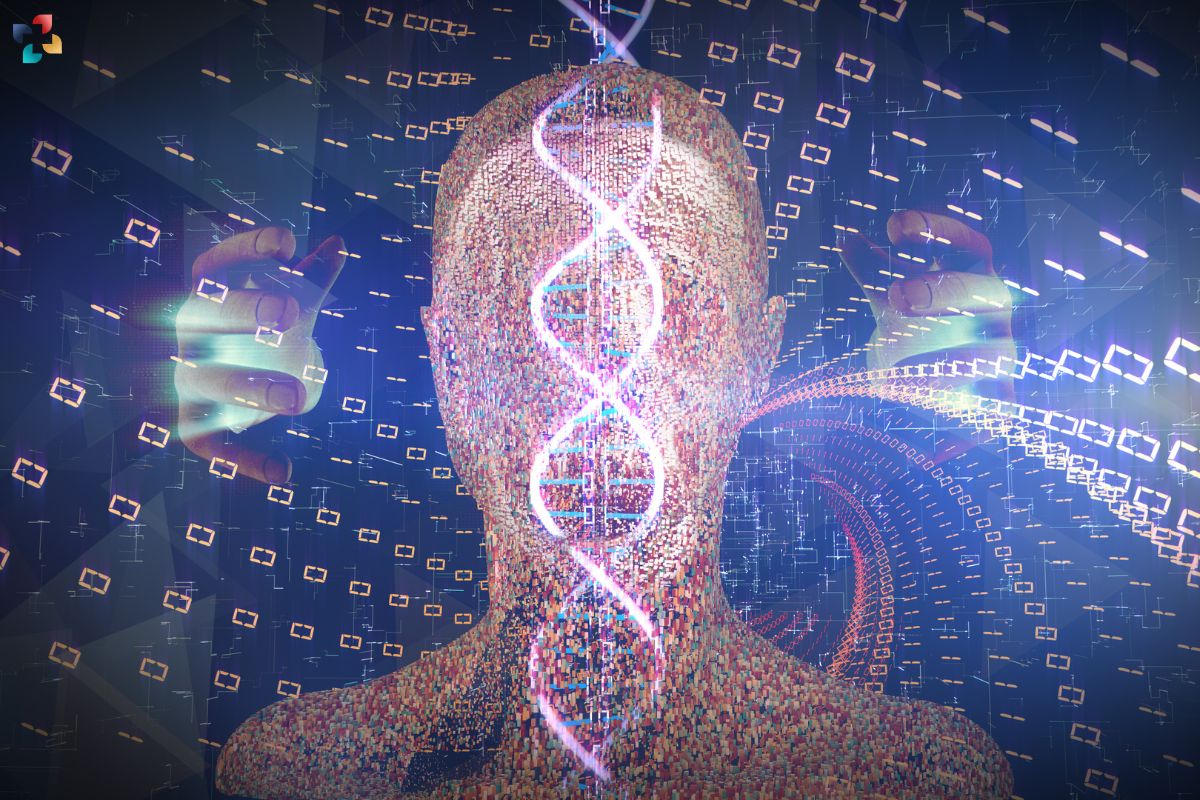The integration of computational technologies with the life sciences has given rise to a burgeoning field known as digital biology. This interdisciplinary domain leverages the power of digital tools to enhance our understanding of biological systems, drive innovations in biotechnology, and transform healthcare. Digital biology stands at the nexus of biology, computer science, and data analytics, promising to revolutionize our approach to biological research and application.
The Evolution of Digital Biology
It has its roots in the advent of computational biology, which began to take shape with the increasing availability of computing power in the latter half of the 20th century. The Human Genome Project, completed in 2003, was a pivotal milestone that demonstrated the potential of combining digital technologies with biological research. This monumental project required sophisticated computational tools to sequence and analyze the entire human genome, setting the stage for the current era of digital biology.
Key Components of Digital Biology
It encompasses several key components, each contributing to its transformative potential:
1. Bioinformatics
The use of computational tools to manage, analyze, and interpret biological data. Bioinformatics is crucial for handling the massive datasets generated by modern biological research, such as genomic sequences and protein structures.
2. Systems Biology
An integrative approach that uses computational models to understand complex biological systems. Systems biology aims to elucidate how different components of a biological system interact to produce emergent properties.
3. Synthetic Biology
This field combines biology and engineering to design and construct new biological entities. Digital tools are essential for modeling and simulating synthetic biological systems before they are built in the lab.
4. Health Informatics

The application of digital technologies to collect, store, and analyze health data. Health informatics plays a crucial role in personalized medicine, where treatments are tailored to the genetic makeup of individual patients.
5. Digital Epidemiology
The use of digital tools to track and predict the spread of diseases. Digital epidemiology can harness data from a variety of sources, including social media and mobile devices, to monitor public health in real-time.
Applications of Digital Biology
The applications of digital biology are vast and varied, impacting numerous fields:
1. Genomics and Personalized Medicine
One of the most significant impacts of digital biology is in the realm of genomics. Advances in sequencing technologies, coupled with powerful computational tools, have made it possible to decode individual genomes quickly and affordably. This has paved the way for personalized medicine, where treatments are tailored based on a patient’s genetic profile. By understanding the genetic basis of diseases, researchers can develop more effective therapies with fewer side effects.
2. Drug Discovery and Development
It is revolutionizing drug discovery and development. Computational models can predict how potential drugs will interact with biological targets, significantly reducing the time and cost associated with experimental trials. Machine learning algorithms can analyze vast datasets to identify promising drug candidates, accelerating the process of bringing new therapies to market.
3. Biotechnology and Agriculture

In biotechnology and agriculture, digital biology is driving innovations that improve crop yields, enhance resistance to pests and diseases, and reduce environmental impact. For example, CRISPR-Cas9, a revolutionary gene-editing technology, relies on digital tools to design precise genetic modifications. Digital biology also enables the creation of bioengineered organisms that can produce valuable substances, such as biofuels and pharmaceuticals, in a sustainable manner.
4. Environmental Monitoring
Digital biology is playing an increasingly important role in environmental monitoring. By analyzing biological data from various ecosystems, scientists can track changes in biodiversity, monitor the health of endangered species, and detect pollutants. This information is crucial for developing strategies to protect and preserve our natural environment.
5. Public Health and Epidemiology
The COVID-19 pandemic has underscored the importance of digital biology in public health and epidemiology. Digital tools have been used to track the spread of the virus, model the impact of different interventions, and develop vaccines at an unprecedented pace. Digital biology enables real-time surveillance and rapid response to emerging health threats, making it an indispensable tool for modern public health.
Challenges and Ethical Considerations:
While digital biology offers immense potential, it also presents several challenges and ethical considerations:
1. Data Privacy
The collection and analysis of genetic and health data raise concerns about privacy and consent. Ensuring that data is stored securely and used ethically is paramount.
2. Equity in Access
The benefits of digital biology must be accessible to all, regardless of socioeconomic status. Efforts must be made to address disparities in access to genomic testing and personalized medicine.
3. Biosecurity
Advances in synthetic biology and genetic engineering could be misused to create harmful biological agents. Robust regulatory frameworks are needed to prevent the misuse of these powerful technologies.
4. Interdisciplinary Collaboration
Digital biology requires collaboration between biologists, computer scientists, engineers, and ethicists. Fostering interdisciplinary communication and cooperation is essential for the field’s success.
The Future of Digital Biology
The future of digital biology is bright, with ongoing advancements poised to drive further innovations:
1. Integration with Artificial Intelligence

The integration of artificial intelligence (AI) with digital biology is set to transform the field even further. AI algorithms can analyze complex biological data, uncovering patterns and insights that would be impossible for humans to discern. This will enhance our understanding of biological processes and enable the development of new therapies and diagnostics.
2. Real-time Data and Predictive Analytics
The proliferation of wearable devices and mobile health apps is generating real-time biological and health data on an unprecedented scale. Digital biology will leverage this data to develop predictive analytics that can anticipate health issues before they become critical, enabling proactive and preventive care.
3. Advanced Biomanufacturing
It will continue to drive advances in biomanufacturing, where biological systems are engineered to produce materials, chemicals, and pharmaceuticals. This will lead to more sustainable and cost-effective production methods, reducing reliance on traditional manufacturing processes.
4. Precision Agriculture
In agriculture, digital biology will enable precision farming techniques that optimize resource use and increase crop yields. By integrating genomic data with environmental data, farmers can make informed decisions about planting, irrigation, and pest control, enhancing food security and sustainability.
Conclusion
Digital biology represents a transformative confluence of data and life sciences, offering unprecedented opportunities to understand, manipulate, and harness biological systems. From personalized medicine to environmental monitoring, the applications of digital biology are vast and impactful. As the field continues to evolve, it will be essential to address the associated challenges and ethical considerations to ensure that the benefits of digital biology are realized equitably and responsibly. With ongoing advancements and interdisciplinary collaboration, digital biology holds the promise of ushering in a new era of biological discovery and innovation, fundamentally changing our approach to health, agriculture, and the environment.







